It’s important to know how steady the solar system is. The unpredictable and complicated character of the forces at play means that even minor gravitational impacts may have significant consequences because of their relative stability in human and historical perspectives. Currently, two scientists are investigating the ease with which it may be compromised.
Only a 0.1 percent change in the radius separating Neptune and also the Sun would be enough to cause the solar system to spiral out of control, making the chances of this happening 10 times greater.
Mercury, our sun’s tiniest planet, might be a beginning point for the system’s turbulence. At Mercury’s nearest approach to the Sun, called the perihelion, the planet’s trajectory shifts by 1.5 degrees for each 1,000 years, which is extremely near to Jupiter’s. One percent of the time, the planet Mercury might be expelled even from the Solar System or sent on a crash path with Venus, Earth, or perhaps the Sun during the following 3 to 4 billion years if indeed the two were ever to get in alignment.
Astronomers fear that an approaching star may approach a little too near for convenience for the researchers. While Mercury is too far away from the Sun to be bothered, Neptune would be, and the resulting disturbance would ripple outwards across the whole solar system.
Earth and Mars would be affected by a 0.1 percent shift in the semi-major axis of Neptune, which would move the planet by 4.5 million km (2.8 million mi). It’s possible that a 10% disruption may spell disaster for both humanity and Mars.
A total of 2,880 scenarios were run, of which 960 had disturbances that were too tiny to be detected experimentally. There were four instances that Mercury impacted Venus. Among the other 1,920 systems, there are only 26 that result in pandemonium, several involving Mercury and Venus colliding, one involving the Earth and Mars colliding, and others involving Uranus; Neptune; even Mercury being flung out totally.
🚨📃
I'm excited to share my paper On the long-term stability of the Solar System in the presence of weak perturbations from stellar flybys accepted by MNRAS.
We explore how much change the Solar System can absorb without dynamical instability.https://t.co/bDh6PpDeTb
🧵 1/n
— Garett Brown (@zyrxvo) June 30, 2022

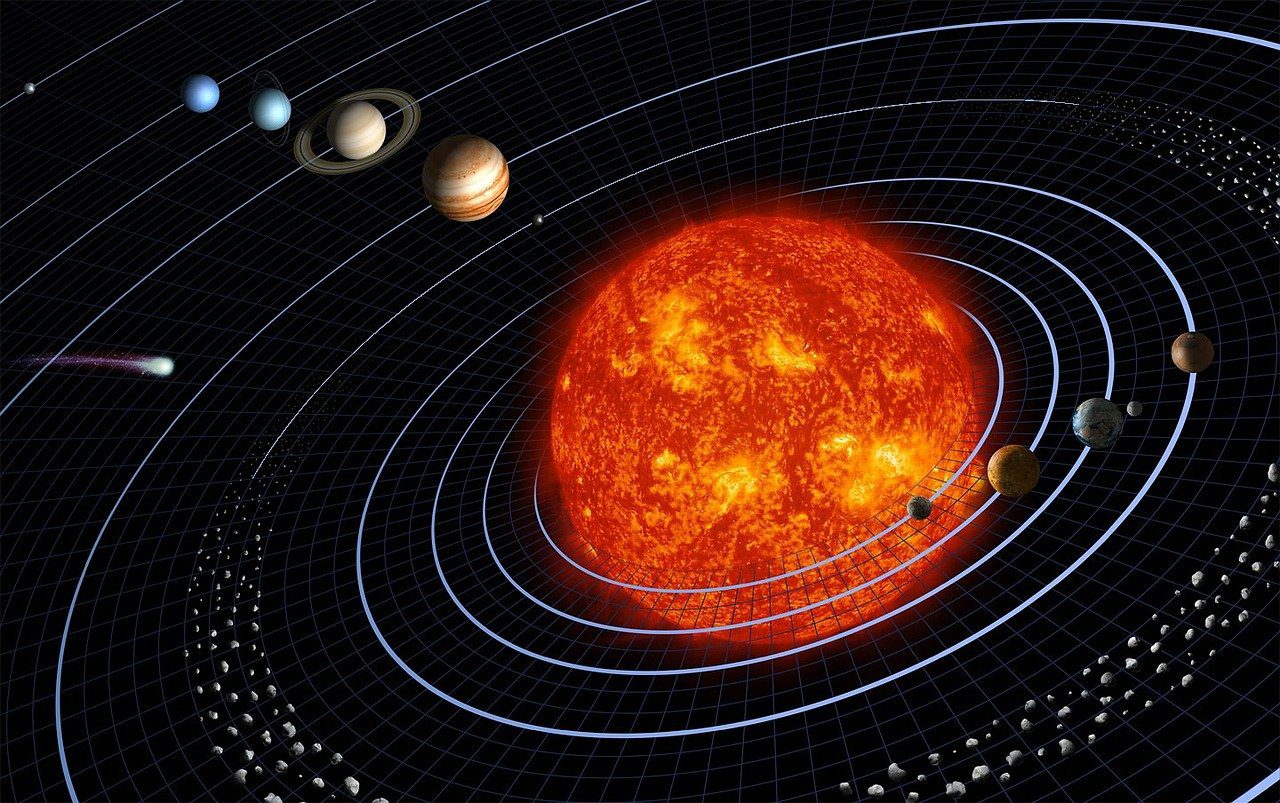

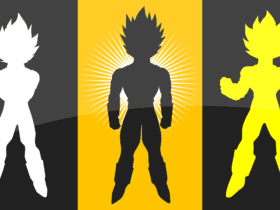







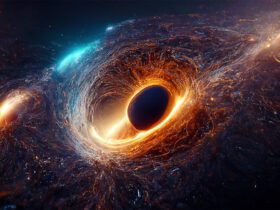

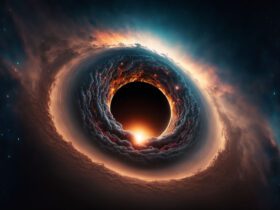
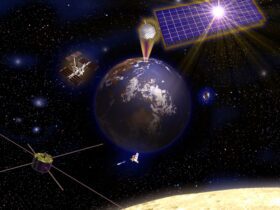
Leave a Reply